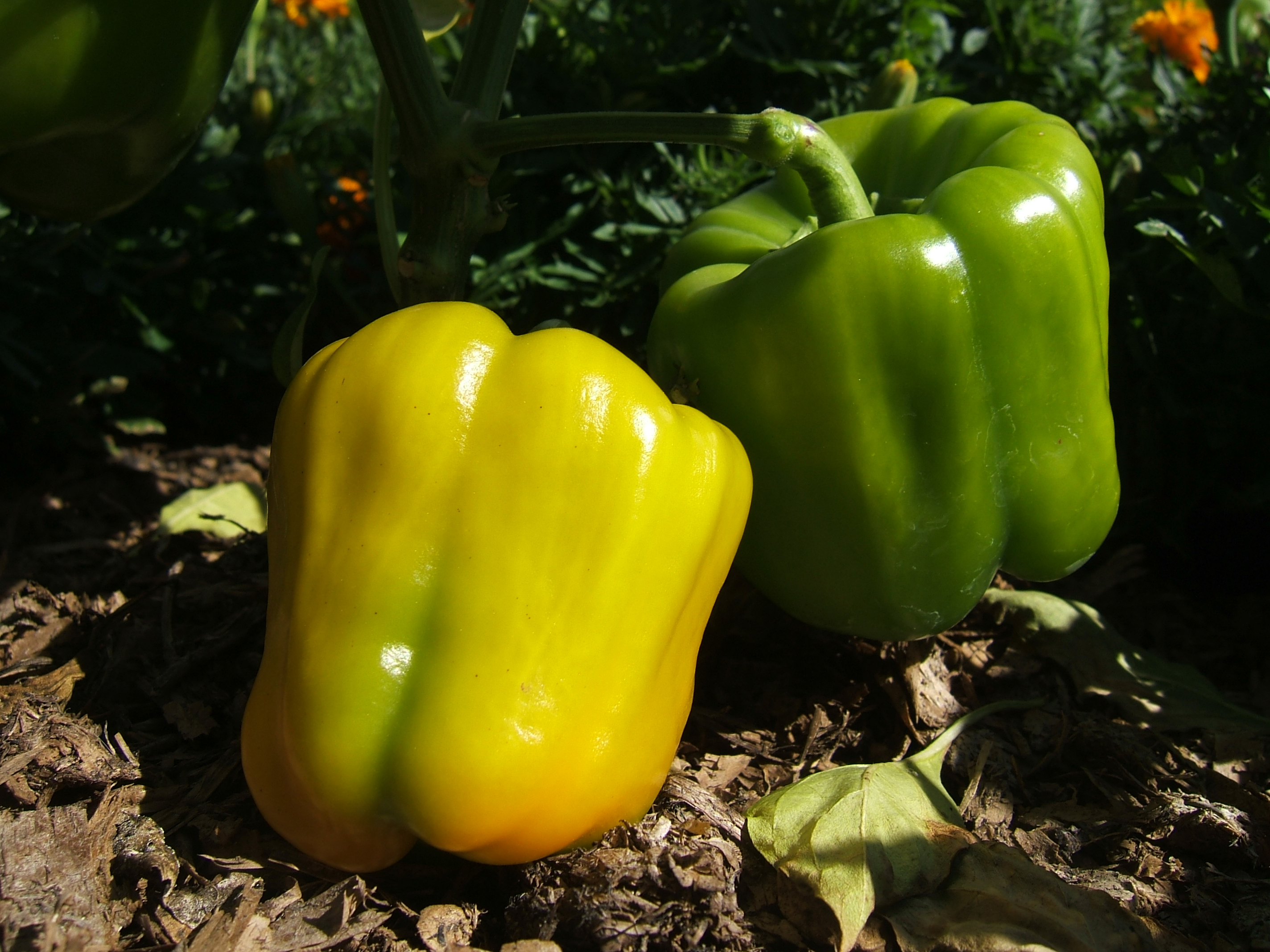Organic Vs. Synthetic Fertilizers: Which Is Best for Nurturing Healthy And Balanced Pepper Plants?
In the world of nurturing healthy pepper plants, the selection between organic and artificial fertilizers stands as an essential choice with far-ranging implications. While both choices goal to give necessary nutrients to sustain plant growth, the subtleties of their influence on the dirt, plant health, and the environment trigger a discussion that mirrors throughout the gardening area. Recognizing the unique benefits and potential challenges of each plant food kind is critical for pepper growers seeking to enhance their returns while maintaining an eco-conscious and lasting strategy.
Benefits of Organic Plant Foods
Organic fertilizers use an environmentally-friendly and sustainable technique to beneficial pepper plants, providing essential nutrients without the use of artificial chemicals. These natural fertilizers are stemmed from organic sources such as garden compost, manure, bone dish, and algae, promoting soil health and wellness and biodiversity. Unlike artificial fertilizers, natural options launch nutrients gradually, making certain a balanced and stable supply for pepper plants to grow.
One considerable advantage of natural plant foods is their capability to improve dirt framework and water retention. By enhancing dirt wellness, natural fertilizers advertise useful microbial activity, which helps in nutrient uptake by pepper plants. In addition, natural fertilizers reduce the risk of chemical run-off, safeguarding water sources from pollution and guarding the environment.
Moreover, organic fertilizers add to lasting dirt fertility by promoting the development of helpful dirt organisms. These microorganisms aid break down organic issue, releasing nutrients in a type that is conveniently available to pepper plants. best fertilizers for peppers. By promoting a healthy and balanced dirt community, organic plant foods sustain lasting pepper farming practices that benefit both plants and the atmosphere
Disadvantages of Synthetic Fertilizers
Artificial plant foods, in comparison to their natural equivalents, pose different disadvantages when used to nurture pepper plants, influencing both plant wellness and environmental sustainability. One major disadvantage of synthetic plant foods is their propensity to seep nutrients from the dirt promptly.
Additionally, the overuse of artificial plant foods can contribute to water air pollution. Excess plant foods not soaked up by plants can remove into water bodies, leading to eutrophication, where algae blossoms deplete oxygen degrees in the water, harming water life. Synthetic plant foods are generally derived from non-renewable resources, such as fossil gas, contributing to carbon discharges and environmental deterioration throughout their manufacturing.
Nutrient Absorption Contrast
Reliable nutrient absorption plays a crucial duty in the overall health and growth of pepper plants. When contrasting natural and synthetic plant foods in regards to nutrient absorption, natural plant foods have the benefit of supplying a much more well balanced and slow-release resource of nutrients (best fertilizers for peppers). Organic plant foods consist of a variety of macro and trace elements that are not just valuable for the Your Domain Name plants however additionally advertise healthy and balanced dirt microbial task, which aids in nutrient uptake. On the other hand, artificial plant foods often offer a fast release of nutrients, which can cause leaching and content drainage, resulting in lower nutrient absorption prices by the plants.
Additionally, natural plant foods improve dirt framework and water retention capacity, allowing pepper plants to gain access to nutrients extra successfully. This enhanced dirt high quality promotes origin development, allowing better nutrient absorption. Artificial fertilizers, although originally enhancing plant growth because of their high nutrient concentrations, might prevent long-term nutrient absorption by derogatory dirt wellness gradually.
Environmental Effect Considerations

On the other hand, artificial fertilizers, although typically even more concentrated and instantly available to plants, can have destructive results on the atmosphere otherwise applied correctly (best fertilizers for peppers). Their production calls for high power inputs, resulting in greenhouse gas exhausts and adding to climate adjustment. Furthermore, the drainage of excess artificial fertilizers can contaminate water resources, leading to eutrophication and damaging marine ecological communities.
Finest Plant Food Practices for Peppers
When fertilizing pepper plants, optimizing nutrient uptake and lessening environmental influence are vital considerations. To accomplish this, it is vital to follow best fertilizer methods tailored to the certain demands of pepper plants. One crucial practice is to carry out a soil browse around this site test before applying any fertilizers. This test can figure out the pH level of the soil and determine any type of nutrient shortages, assisting you in picking one of the most suitable fertilizer formulation.
An additional crucial method is to feed pepper plants at the ideal time. Normally, peppers gain from getting fertilizer at growing and afterwards once again when they begin to blossom. Over-fertilizing can cause nutrition imbalances and harm the plants, so it is essential to adhere to suggested application rates.
Additionally, selecting a balanced fertilizer with an NPK proportion that fits pepper plants' needs is essential. Inevitably, integrating artificial and organic fertilizers deliberately can aid nurture healthy and balanced pepper plants while minimizing ecological influence.
Final Thought

Organic plant foods provide an environmentally-friendly and sustainable technique to beneficial pepper plants, providing necessary nutrients without the use of synthetic chemicals. Unlike artificial plant foods, organic alternatives release nutrients gradually, guaranteeing a balanced and consistent supply for pepper plants to thrive.
Synthetic plant foods, in comparison to their natural equivalents, pose various disadvantages when used to nourish pepper plants, impacting both plant health and wellness and ecological sustainability. When contrasting synthetic and natural plant foods in terms of nutrient absorption, natural fertilizers have the benefit of supplying a more well balanced and slow-release resource of nutrients.Additionally, organic fertilizers enhance soil framework and water retention capability, allowing pepper plants to gain access to nutrients extra effectively.
Comments on “Discover the Best Fertilizers for Peppers: Top Picks for Optimum Development”